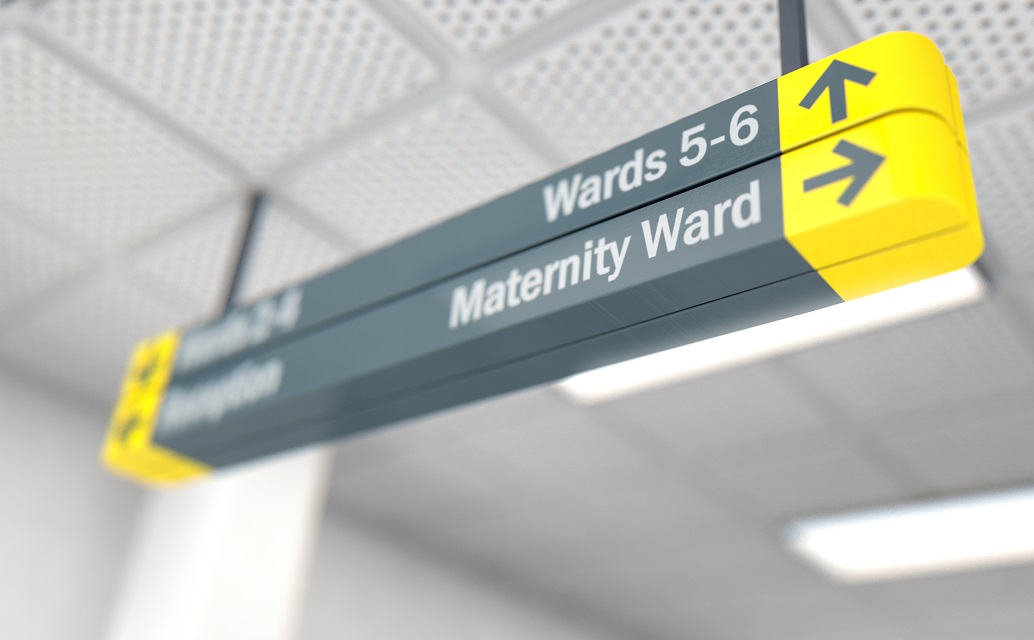The Office for National Statistics reported a concerning rise in the number of stillbirths between April and June 2020 at the peak of the Covid-19 pandemic. During this period there were 40 stillbirths recorded compared with 24 in the same period in 2019.
A Healthcare Safety Investigation Branch review is now taking place but there are a number of factors that experts feel could have attributed to the rise in stillbirths, including the unprecedented pressure that the NHS is under, the stress of mothers navigating birth during uncertain times and also the fear of visiting hospitals and GP surgeries during the height of the pandemic.
A Royal College of Obstetricians and Gynaecologists survey of UK obstetric units also estimates that during April 2020, 70% of units had reduced antenatal appointments. NHS Trusts have now been urged to avoid deploying midwives and maternity staff to other departments during the second wave of the pandemic.
Advice From The NHS
It is important to ensure that risks are minimised to avoid a second spike in stillbirths. Experts in this field have provided the following advice to all expectant mothers:
- Keep Attending Appointments – It is imperative that pregnant women continue to attend antenatal appointments and keep their pregnancy notes and measurements up to date.
- Attend Growth Scans – At present it is still a bit of a postcode lottery as to whether your partner can attend scans, but it is vital to attend them. Some of the tests and measurements can identify potential issues and therefore it is important that no scans are missed.
- Voice Your Concerns. There are fears that the ‘stay home and protect the NHS’ message led to people not seeking help when it was required. It is important to speak to your midwife or another health professional immediately if you have concerns.
- Monitor Movements – If you experience reduced movement you need to speak to your midwife or health professional immediately. The Count the Kicks website has useful information. https://www.kickscount.org.uk/

Stillbirth, Birth Injury & Pregnancy Claims
Although it is rare, sometimes a stillbirth results from negligent treatment. This can occur when a pregnancy has not been properly managed, a failure to monitor during labour or where there has been a traumatic birth.
Our experienced team have assisted many families who have tragically suffered a stillbirth. They can provide support, guide people through the complaint process, assist with an Inquest, help review processes to try and avoid this happening to another family and assist if there is a clinical negligence claim.
To speak to someone about your situation, please call 01256 844888, email enquiries@lambbrooks.com or speak to our online chat assistant who can take your contact details. All discussions are without obligation and are confidential.
The contents of this article are for the purposes of general awareness only. They do not purport to constitute legal or professional advice. The law may have changed since this article was published. Readers should not act on the basis of the information included and should take appropriate professional advice upon their own particular circumstances.
